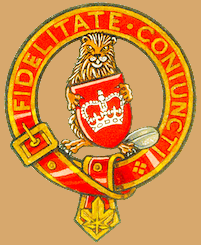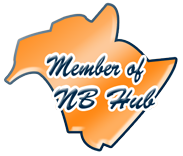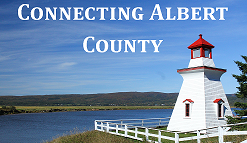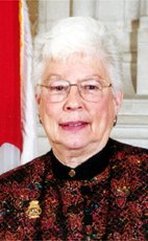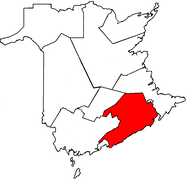
candidates running in the riding of
Fundy Royal on the topic of the
monarchy. It is mostly for my own
use as a voter but the questions may
be of use to other monarchists who
want to ask their own candidates
what their views are.
The Candidates
Questions & Replies
Moore: I think it’s important for Canadians to understand
and be proud of our history within the Commonwealth and
the role of Her Majesty Queen Elizabeth II.
Dykeman: Canada and the United Kingdom share a long-
standing and valuable history, which we respect and
acknowledge. As a constitutional monarchy with a Parliament
comprised of the Sovereign, the Senate, and the House of
Commons, Canada’s form of government is among the most
stable and enduring in the world. We were proud that, on the
Prime Minister’s recommendation, Her Majesty Queen
Elizabeth II has approved the appointment of Mary Simon as
our Governor General.
Thompson: I believe that a constitutional monarch plays an
important role in Canada and support maintaining our place
as a commonwealth nation with the Queen being the Head of
State. I also recognize the challenges surrounded by
colonialism and believe we need to follow through with the
Calls of Action for Truth and Reconciliation.
Floyd: [The] Monarchy generally is less relevant to
Canadians today, but any kind of constitutional change isn’t a
priority for us or for Canadians during the pandemic.
Wheeler: My view on the monarchy is this - it’s part of our
history and therefore should be taught in schools; but I think
we should be our own country.
2. As MP would you push to make the Advisory
Committee on Vice-Regal Appointments that was
active between 2010 and 2015 a permanent part of
the process for choosing governor generals and
lieutenant governors?
Moore: Conservatives created the Vice-Regal Appointments
Committee as a non-partisan appointment process to
nominate Canada’s Governor General - and it works. We’ve
seen, and will pay for, the consequence of the Liberals
snubbing this proven process.
Thompson: Choosing a GG, LG and/or territorial
commissioner is a very important process. I support the
Advisory Committee but would ensure to have First Nations /
Indigenous representation on the committee, which has not
been done before.
Floyd: We would like to see a more transparent and multi-
partisan approach to selecting the Governor General.
Wheeler: As for the Advisory Committee, it could still be
useful to find qualified people for the position but I think
they should be voted on by Canadians other then appointed.
3. During the previous parliament the government
cancelled a program that mailed physical copies of
the Queen's portrait to any Canadian who asked free
of charge. Would you restore this program?
Moore: When the Liberals ended the service of sending
portraits of The Queen to Canadians, they said that a digital
copy would be universally accessible. That would only be true
if all Canadians have access to a computer and reliable
internet - they should know better than anyone that this isn’t
the case. Government agencies send hard copy
correspondence to Canadians regularly. I would be interested
to know why this particular service was ended, and how it
could be salvaged under a Conservative government.
Thompson: Canadians and NGOs that wish to have a copy
of the Queen's official portrait should be able to visit their
constituency office and a copy be provided. In an effort to
reduce the amount of copies printed that are not sent out and
to promote engagement with MPs I think offering this service
locally across Canada would benefit all Canadians.
Floyd: It is not currently a focus of the NDP to restore the
portrait program.
Wheeler: The program to supply portraits not a problem
with that whatsoever...it’s part of our history.
4. The government also removed the Queen's portrait
from the lobby of the Foreign Affairs Office and
replaced it with paintings by Alfred Pallen. Would
you find a way to have both paintings and portrait
share the ample wall space of the Foreign Affairs
Office lobby?
Moore: When the Liberal’s removed The Queen’s portrait
from the lobby of Foreign Affairs shortly after their election in
2015, they signaled to Canadians that it was okay to ignore
that history. The Conservative Party of Canada takes a very
different approach to acknowledging and respecting our ties
to the monarchy.
Thompson: With the Queen being the constitutional
monarch in Canada the official portrait should be displayed
by Canadian Departments. With this I would also wish to have
Indigenous Art displayed to recognize Canada's diversity.
Wheeler: ...the portrait should be on the walls of parliament!
5. There are currently no plans for a Platinum
Jubilee Medal to mark Her Majesty's reign in 2022.
Given the large number of health workers (among
others) deserving of special recognition will you
work towards making sure a medal is issued?
(Note: This question was added after replies from the NDP,
Liberals, Conservatives, and People's Party had already been
received. I will contact the other parties again and add their
responses if given.)
Thompson: As a veteran that has served Canada and the
Monarch for over 14 years I believe it is important to mark
this special occasion. Covid_19 has demonstrated that
essential workers are the true heroes in Canada. Utilizing the
Queens Platinum Jubilee with the creation of a medal would
be a very respectful way of saying Thank you to those front
line workers. I would work towards marking this milestone
with a medal.
Thank you to all the candidates who took the time to
get back to me and good luck with your campaigns.
Loyally Yours,
A Kisaragi Colour

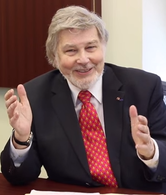
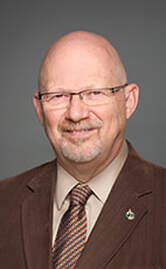
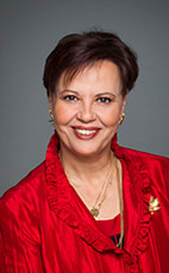
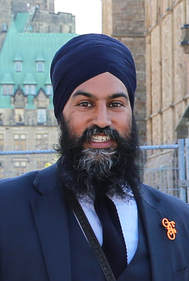

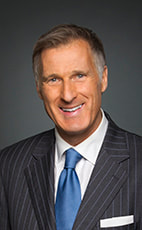

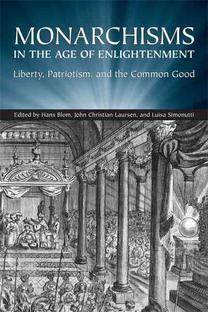
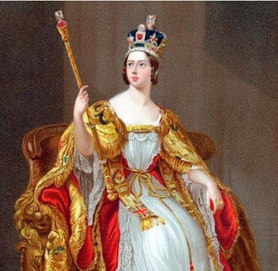

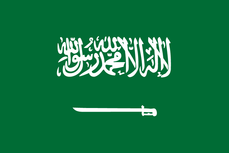
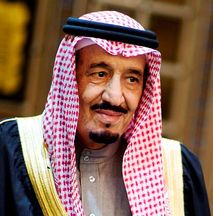
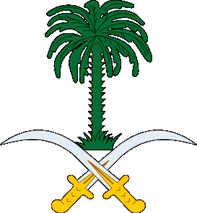
 RSS Feed
RSS Feed
